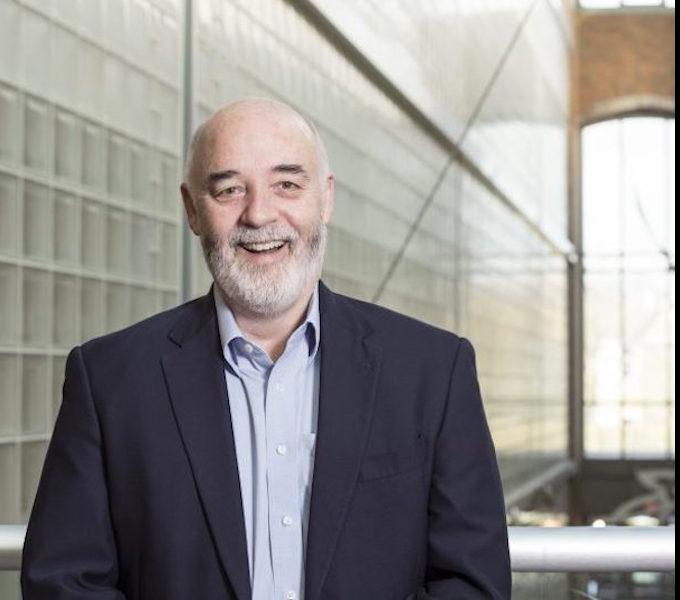Affiliated Faculty
This list of affiliated investigators can help you identify potential research mentors at the University of Pittsburgh. PSTP students can, and do, work with mentors not on this list, but the investigators featured below have expressed interest in hosting PSTP students in their laboratories.
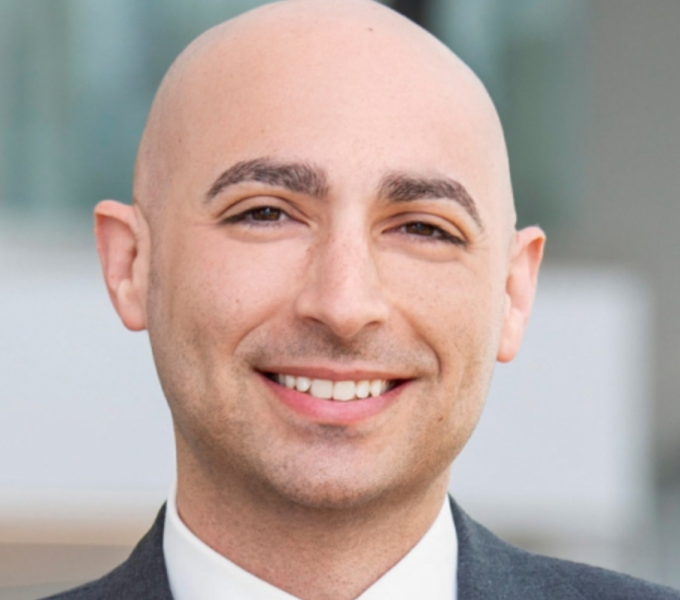
Brain tumors, hydrocephalus, Chiari malformations, trigeminal neuralgia, and traumatic br

Neural mechanisms of visual and auditory perception.

The Brain Tumor Biology and Therapy Laboratory studies pediatric and adult high-grade gliomas (HGG)—focusing on brain tumor signing, glioma metabolism and using genomics to identify novel and effective therapies.
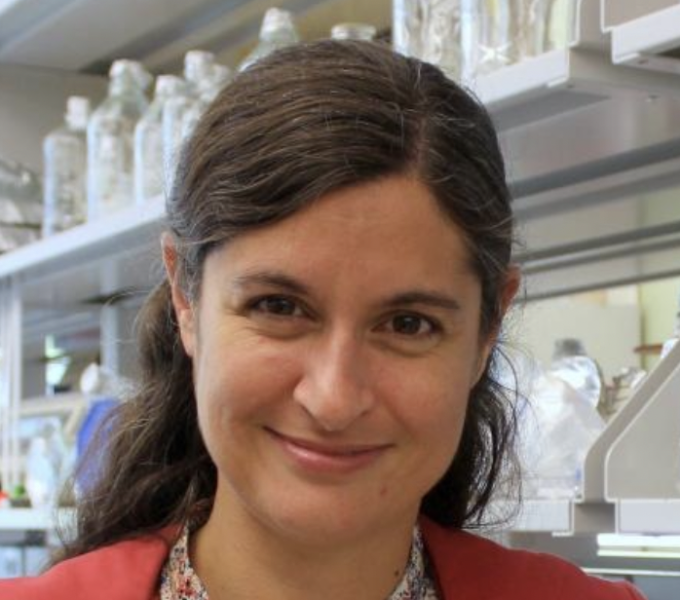
The Ahmari Lab investigates the molecular, cellular, and circuit mechanisms underlying repetitive and compulsive behaviors in preclinical models and translates findings into the clinic through collaborative research studies in people with OCD.
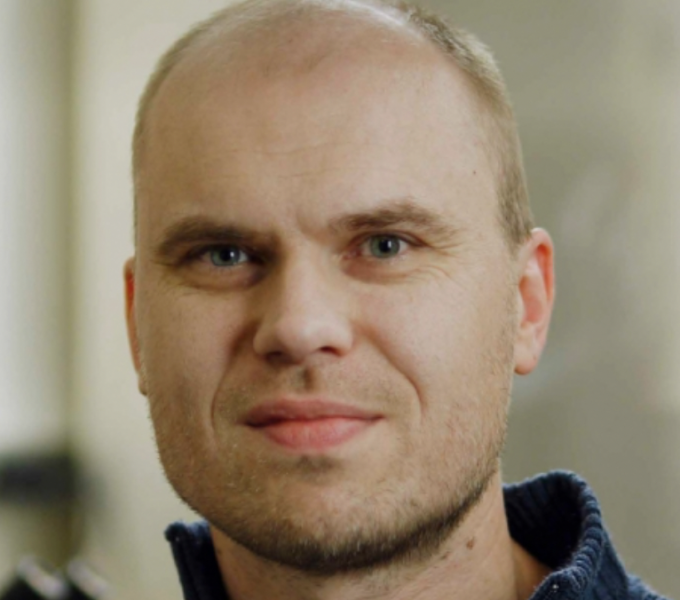
The Airik lab studies mechanisms of acute kidney injury and chronic kidney disease by employing genetic mouse models, patient-derived cells and gene therapy approaches.

Cellular and Molecular Basis of Neurodegeneration

The Alder lab focuses on understanding the contribution of telomere length to human health and disease.

HIV infection and therapeutics

The Biodynamics Lab investigates the effects of age, injury, surgery, and rehabilitation on dynamic joint function.

Endocytic pathways and stretch-regulated endocytosis/exocytosis in bladder

Identify phosphorylations, dephosphorylations and acetylations that regulate ATM activity in vivo

The central research focus of the Tumor-Immune Interaction Lab (TIIL) is to study tumor-intrinsic resistance to immunotherapy. Leveraging cutting-edge technologies such as single-cell sequencing, spatial omics and imaging, digital pathology/pathomics, radiomics, and artificial intelligence, we identify novel therapeutic targets for drug repurposing, biomarkers for predicting therapy response, and model tumor-immune interactions using patient-derived organoids, enabling accelerated translation into clinical trials to improve patient outcomes.

Neurophysiology of sensory-motor coordination, brain-machine interfaces

Investigation of the molecular mechanisms that regulate the pathogenesis of genetic and acquired cardiomyopathies

Dr. Benam is the founder of Translational and Multidisciplinary Lung Microengineering Lab, which brings together researchers from the engineering, biology, bio-pharmaceutical industry, clinical and business communities with the aim of developing new technologies that recreate complex human organ pathophysiology in vitro, and applying them to discover novel therapeutics and personalized biomarkers. His research focuses on applying disruptive technologies that enable him and his team to elucidate cellular and molecular mechanisms that govern tissue pathology or offer protection during lung injury and host-environment interaction.

The Billiar Lab focuses on the immune responses to acute systemic stresses of major clinical relevance including trauma and surgical sepsis

The mechanisms of cross-priming of antigens during immune responses to cancer, viruses and autoimmunity

Demand adapted hematopoiesis in infection and inflammation
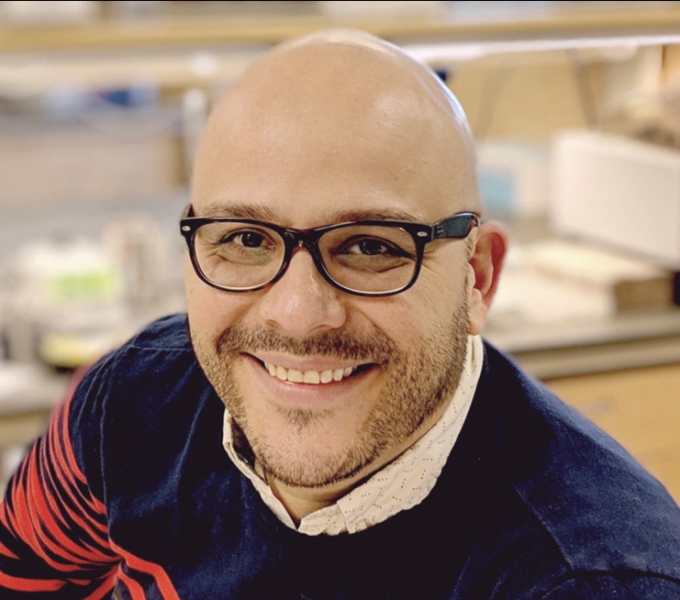
Research in the Brieño-Enríquez lab focuses on the regulation of gametogenesis and reproductive aging in mammals (human, mouse and naked mole-rat) and, more specifically, the fundamental mechanisms that are required to produce viable germ cells and maintain them along the lifespan.
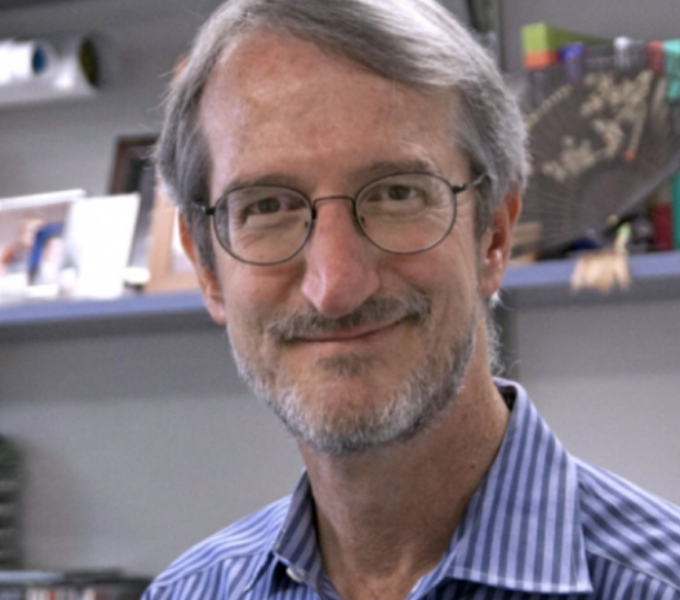
Protein “quality control”, diseases associated with misfolded proteins, and drug treatments for these diseases
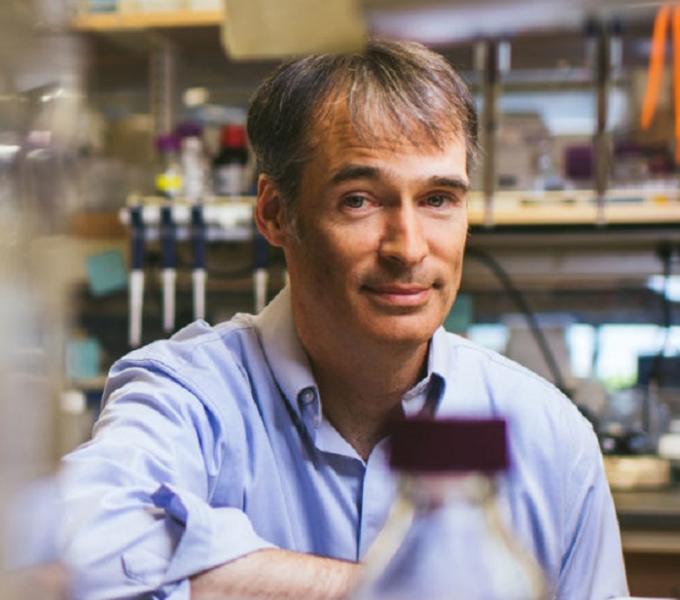
Tumor microenvironment, Cancer stem cells, novel therapeutics for cancer

Gene therapy, viral vector engineering, genome editing, inherited retinal degeneration, genetics of eye disease

Improving recovery from brain injury after cardiac arrest

The overarching goal of my research is to elucidate the molecular mechanisms that underlie oligodendrocyte and myelin mediated support to neuronal cell and neural circuitry integrity in models of neurodegeneration.

Host-Pathogen Interaction in Pulmonary Immunity; Immune Homeostasis and Hematopoietic Stem Cell Function

Understanding how memory T cells are generated in transplantation

Basic science and translational research studying the molecular mechanisms of pulmonary vascular disease and pulmonary hypertension

We are a growing lab dedicated to uncovering the mechanisms of novel lung disease susceptibility genes and identifying epidemiological factors that drive lung disease progression and cardiovascular comorbidities. Please visit our website to see our recent publications and grants.

The study of human tumor viruses

Development, plasticity and regeneration of neural circuits
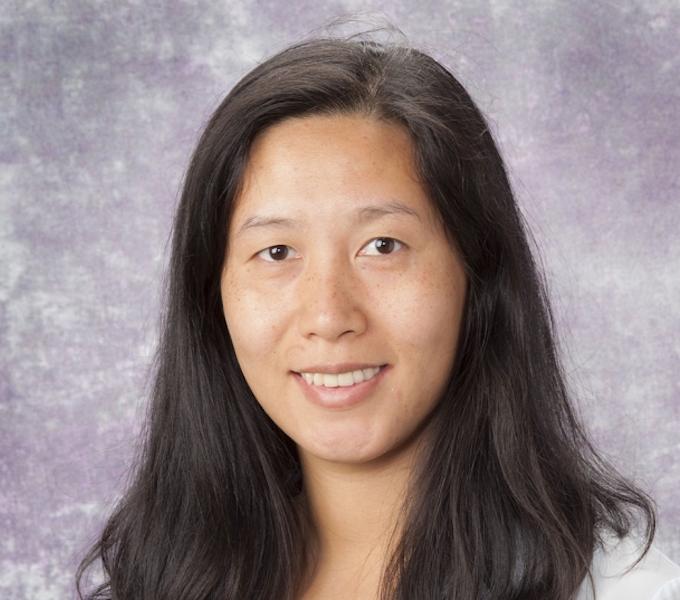
The Chen lab is interested in the pharmacological studies of visual disorders caused by protein misfolding. The lab's current three projects include pharmacological studies of rhodopsin metabolism, roles of purine metabolites in photoreceptor degeneration, and drug discovery of myocilin-associated glaucoma.
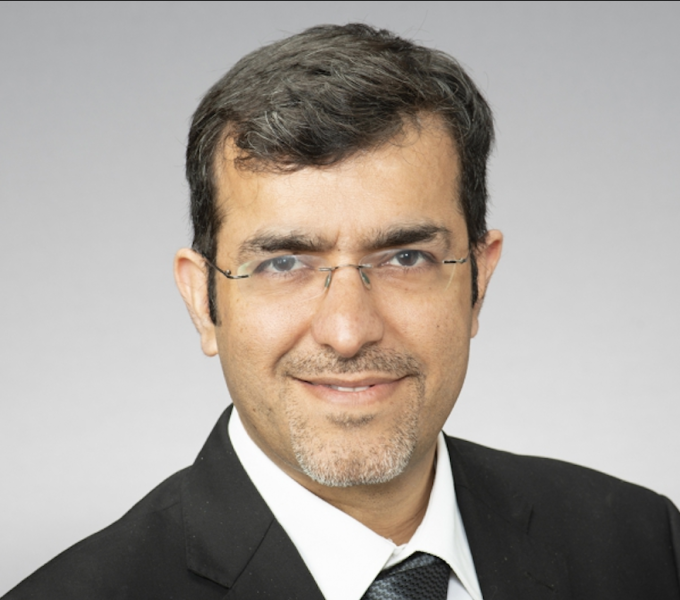
Machine learning approach for OCT biomarkers identification in age-related macular degeneration

We examine the role of the endocannabinoid system in symptoms and outcomes associated with schizophrenia and cannabis use, using cellular and molecular techniques to study human and rodent samples, as well as behavioral methods to study the functional outcomes of changes in the endocannabinoid system.

Redox signaling & autophagy in neuroprotection and neurodegeneration; Mitochondrial phosphoproteomics; Genetic & toxin models of Parkinson’s disease

Models of muscle disease causing muscular dystrophy and muscle atrophy; Translational research for treatment of muscle disease

Big data analytics, predictive modeling, and dynamic modeling of disease

Stomal Interactions critical to the survival, growth, and spread of ovarian cancer

The intersection of neural engineering and biomaterials with specific focus on neural electrode-tissue interface, neural tissue engineering, biosensor and drug delive

The Culyba Lab studies bacterial adaptation and evolution with a focus on antibiotic recalcitrant and persistent Staphylococcus aureus infections.

The Cunningham Lab studies molecular and cellular mechanisms of protein assembly and trafficking in the mammalian auditory system with an ultimate goal of developing therapies for hearing loss.
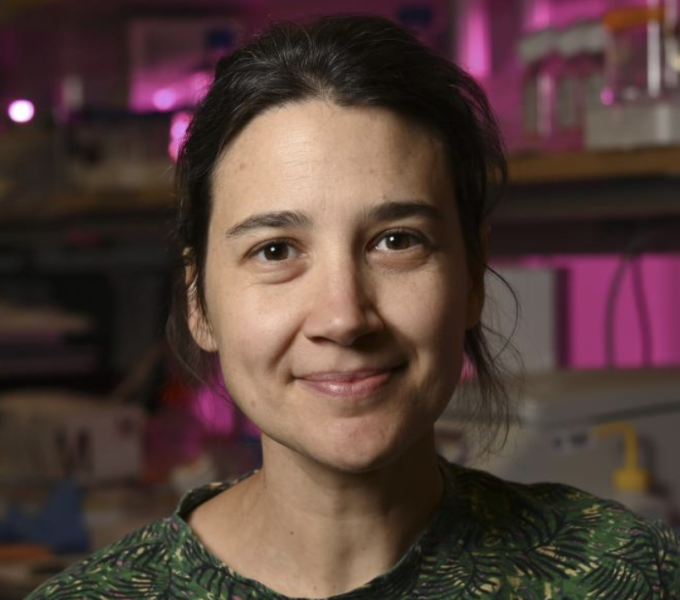
Our lab focuses on uncovering the developmental molecular programs underlying the formation of the fovea, a high acuity area in the retina.

Our research focuses on the development and use of novel systems approaches to analyze high-dimensional immunological datasets, and elucidate mechanisms of immune regulation and dysregulation. Our previous work has utilized systems approaches to analyze Mendelian mutations in the context of three-dimensional protein-protein interaction networks, to understand molecular mechanisms of corresponding disorders. We have also developed network analyses frameworks to characterize the evolutionary dynamics of these protein networks. Another dimension of our past work has been the use of statistical methods for the analyses of high-dimensional data and machine-learning approaches to elucidate correlates of natural and vaccine-mediated immunity in HIV, tuberculosis and malaria.
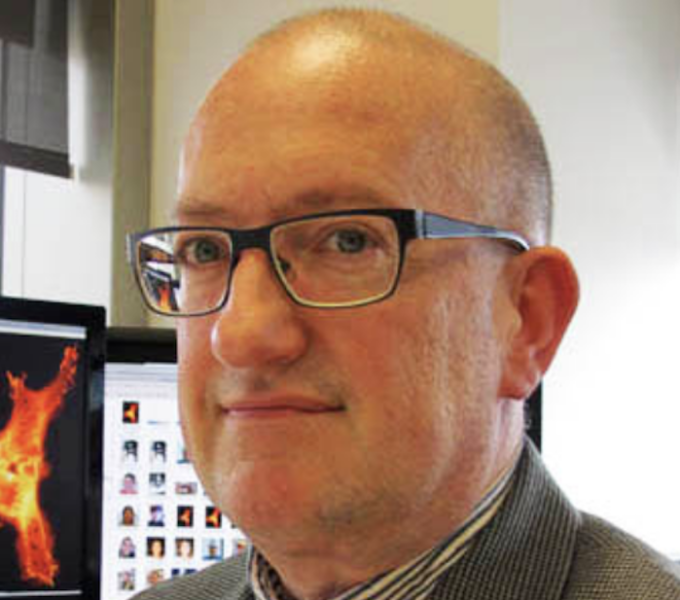
Our group combines experimental and theoretical approaches to reverse-engineer the inherently mechanical processes of cell and tissue development.

Cellular and molecular mechanisms of central and peripheral nervous system development and plasticity

HGF-MET-PI3K signaling in liver development, growth, regeneration and cancer. She has identified a novel regulator of the catalytic subunit of PI3K (p110) called PI3K interacting protein 1 (PIK3IP1)

Steroid hormone action in neural stem cells and cancer

The Delgoffe Lab studies the impact of the tumor microenvironment on T cell subsets that infiltrate the tumor. We aim to dissect how tumor cells promote an immunosuppressive environment through the modulation of metabolism. We are currently examining this from two major perspectives.

HSV gene expression in productive and persistent infections

Research in the Dermody laboratory focuses on the molecular mechanisms of Mammalian Orthoreovirus (reovirus) and Chikungunya virus infections

The design and development of cationic peptides as an effective countermeasure to the persistent problem of antibiotic resistance and other types of hard-to-treat infectious diseases.
Decision processes in late-life suicidal behavior and in borderline personality

The molecular pathogenesis of neurodegeneration and aging

The Duncan lab studies liver homeostasis, regeneration, and injury, focusing on the role of hepatic chromosome variations (polyploidy and aneuploidy).

Developing a better understanding of cutaneous biology and skin immune function, and leveraging that evolving understanding to develop new skin-targeted strategies to modulate local and systemic immune responses
The neurobiology of schizophrenia and neurophysiological abnormalities during wakefulness and sleep in early course psychosis

Intersection of mitochondrial function, metabolism and aging

Immunology and Pathogenesis of Tuberculosis

The Fouquerel lab is interested in understanding the mechanisms that ensure genome stability. We are particularly focused on how DNA-dependent ADP-Ribose Transferase (ART; PARP) enzymatic activities orchestrate the preservation of telomeres and centromeres, regions of the genome whose instability contributes to tumorigenesis.

The production and signal transduction properties of oxidizing and free radical mediators in metabolic, respiratory and cardiovascular diseases
Dopaminergic signal transduction in the central nervous system, dopamine role in regulating peripheral pancreatic insulin secretion

Roles of signal transduction pathways, transcription factors, and chromatin epigenetics in pathological changes in osteoclasts and osteoblasts in cancer-induced bone disease and Paget’s disease of bone

Our work in cardio-oncology aims to understand how cancer therapies affect cardiovascular function in a sex-specific manner.

The Ghazi lab studies molecular genetics of aging and longevity, especially genes that link lifespan with healthspan and reproductive fitness.
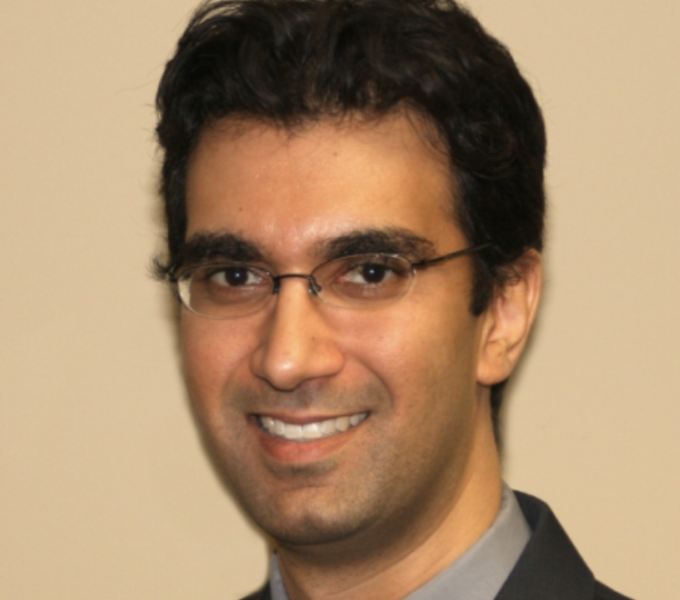
Our lab studies what human brain networks are doing using long-timescale recordings during real world behavior, as well as how our brains process social information during natural conversations.

Exome and genome sequencing in newborns and genome sequencing in the Western Pennsylvania Amish and Mennonite communities

Adult and pediatric epilepsy surgery; movement disorder surgery; neuro-oncology; general neurosurgery

Digital Twinning for Health Forecasting, Agentic AI for Precision Medicine, and Computational Learning Inference and Modeling of Biotechnology (CLIMB)

My laboratory is working to understand mechanisms controlling healthy versus pathological innate immune function, with major projects including interrogating lung-specific macrophage signaling and dissecting molecular determinants of monocyte and macrophage inflammatory function during lung infection.

Neurophysiology of basal ganglia system related to psychiatric disorders

My work focuses on understanding both normal and abnormal adolescent dendritic development using preclinical models, focusing on how excitatory dendritic arbors stabilize across adolescence and what the functional implications are of impairments in these processes.

The Gurkar lab is interested in understanding the causal molecular players in cellular senescence and aging.
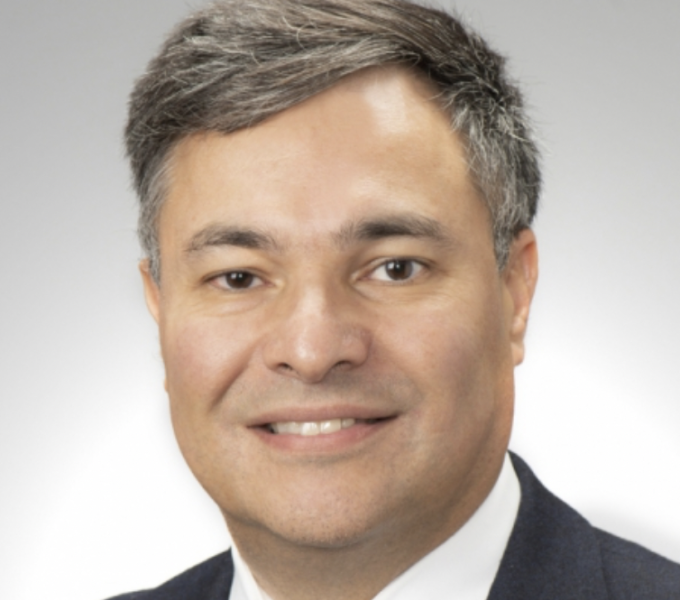
Dr. Hadjipanayis and the Brain Tumor Nanotechnology Laboratory he directs focuses on translational research approaches for more effective treatment of malignant brain tumors that involve preclinical studies, imaging, rodent/larger animal brain tumor models, and actual human clinical trials.

Understand the causes of diseases with disruptions between immune system and the microbiota, such as Crohn’s Disease and Environmental Enteropathy

Oxidative mechanisms associated with neurodegeneration

Dr. Nadine Hempel's research interests center on understanding molecular mechanisms that regulate metastasis and tumor recurrence of ovarian cancer, with the ultimate goal of identifying novel targets for therapy of advanced-stage disease.

My laboratory works on the biochemistry and cell biology of neurodegenerative disease. Our main interest is Alzheimer's disease where our focus is the involvement of DNA damage, inflammation, and myelin.

We are interested in using the tools of structural biology to a) uncover the molecular adaptations that proteins of a highly diversified signaling TGF-beta signaling family have acquired to achieve their unique functions and b) leverage this knowledge to to develop targeted therapies for treating human disease, including soft tissue cancers and tissue fibrosis driven by dysregulated TGF-beta signaling and hereditary hemorrhagic telangiectasia caused by mutations in the receptors and co-receptors for BMP9 and BMP10.

Chronic kidney disease (CKD) is a growing public health burden that results in significant morbidity and increased risk of mortality for individual patients

Mechanisms of brain tumor evolution through crosstalk between tumor cells and the surrounding brain microenvironment.

The biochemistry, molecular/cell biology, and physiology/pharmacology of adenosine

We investigate how alcohol and drug use regulate or disrupt mechanisms of synaptic plasticity within the prefrontal cortex and we aim to use this knowledge to develop breakthrough psychiatric medications.

Systems level analysis of T cell repertoires to understand and engineer the immune system.

The Johnson lab studies the physiology, biophysics, structure, pharmacology, and regulation of glutamate receptors

Signal Transduction; The role of the Akt kinase in NF-kB and T cell activation; Role of TIM proteins in T cell activation

Role for nerves in the skin as modulators of immune responses
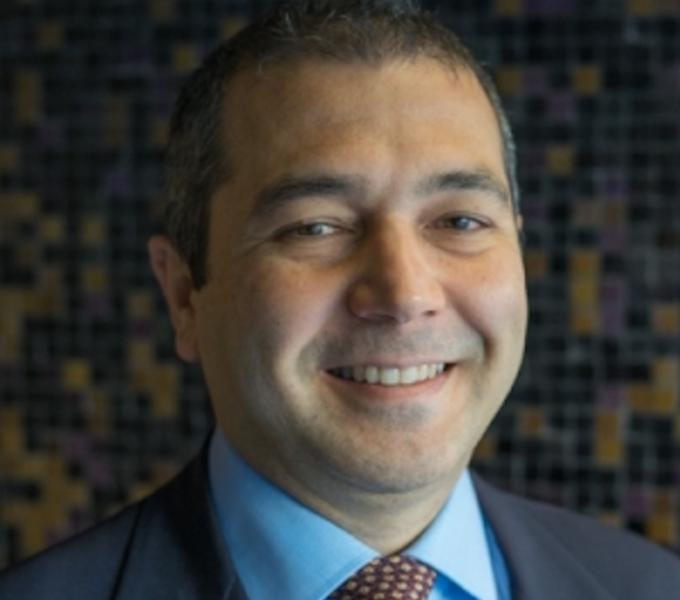
Long-term outcomes following sepsis using a Drosophila as well as murine model of sepsis

The role of intracellular lipid metabolism and adipose tissue biology in normal metabolism and disease using basic and translational approaches

Develop & translate state of the art noninvasive imaging technologies to improve disease diagnosis, guide therapy, and evaluate therapeutic efficacy

Cellular, structural and molecular studies of epithelial ion channels

Our laboratory is interested in the interplay of mitochondrial dysfunction and cellular senescence in lung epithelial and innate immune cells in the pathogenesis of chronic obstructive lung disease (COPD) and pulmonary fibrosis to improve therapeutic options for patients.

The long-term goals of my laboratory are to understand: (1) dietary lipid absorption and chylomicron synthesis, (2) the influence of chylomicrons in metabolic and inflammatory disease. We use mouse and human models to study Cystic Fibrosis, Inflammatory Bowel Disease (IBD), and atherosclerosis.

Our research focuses on deciphering mechanisms involved in lung repair and regeneration, with the aim to identify novel therapeutic targets relevant for age-related chronic lung diseases, such as idiopathic pulmonary fibrosis (IPF) and chronic obstructive pulmonary disease (COPD). Our translational research program focuses on the comprehensive characterization of primary lung epithelial (stem) cells from experimental models and human tissue samples from patients with chronic lung disease. we aim to identify and investigate target signaling pathways that impact cellular mechanisms we identified the developmental WNT signaling pathway as a potent contributor to impaired lung repair and epithelial cell reprogramming, which is amenable to therapy and have further characterized features of epithelial cell reprogramming, such as cellular senescence. We further pioneered and apply patient-derived 3D Lung Tissue Cultures that allow to further validate and test potential novel drugs in an individualized fashion.

Our research is focused primarily on stem cell biology and cell-based therapy for a variety of diseases including cancer and organ failure

Innate and adaptive immune response to transplanted organs and the mechanisms of transplantation tolerance

Molecular profiling (genomic, transcriptomic, proteomic) of women’s cancers, mouse modeling, and predictive biomarkers for targeted therapy
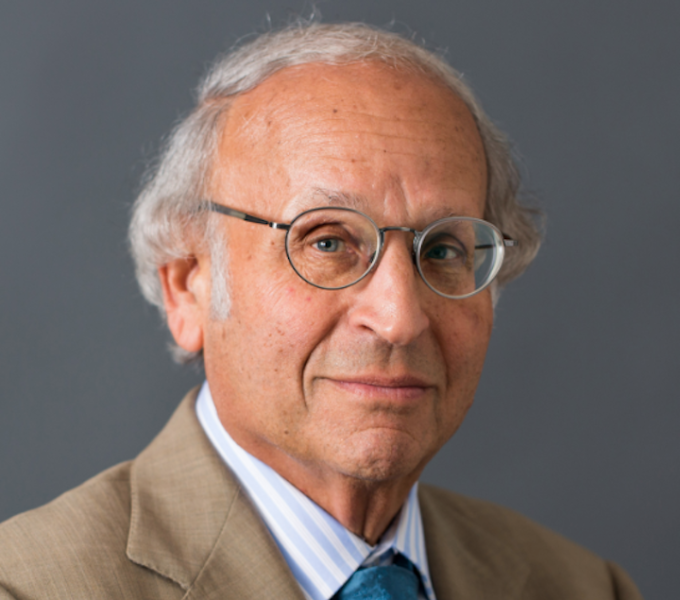
Alzheimer's; Neurodegenerative diseases

Functional architecture of the prefrontal cortex and schizophrenia

Our work focuses on basic and translational research in cardiovascular biology using patient-derived iPSCs, organoids, transgenic mice, and single-cell omics.

The Li Lab investigates immunoregulatory mechanisms in cancer, pregnancy, and autoimmune diseases, with a particular emphasis on regulatory CD8+ T cells.

Our lab is focused on the host protective immune responses to M. tuberculosis, a major factor in outcome of infection.
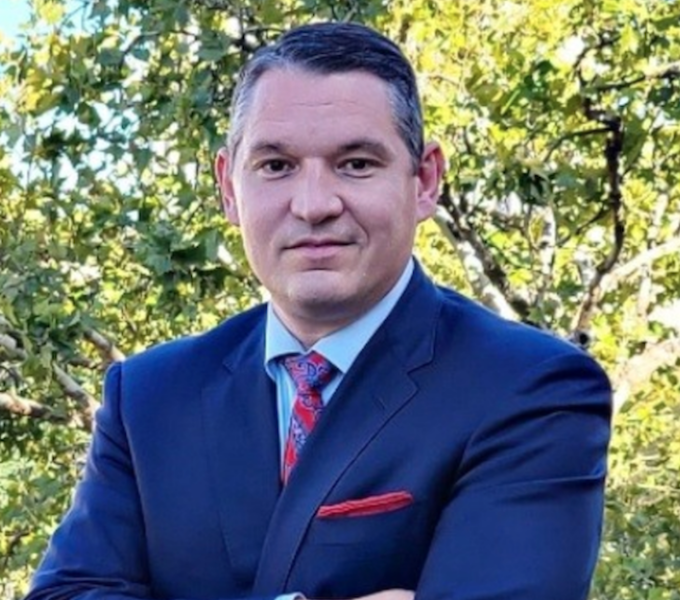
Drug Delivery, Biomimetics, Immunotherapeutics, Tissue Engineering, Biomaterials, Synthetic Systems

Genetics of congenital heart disease, role of epigenetics in adverse clinical outcome, disease modeling using patient derived induced pluripotent stem cells
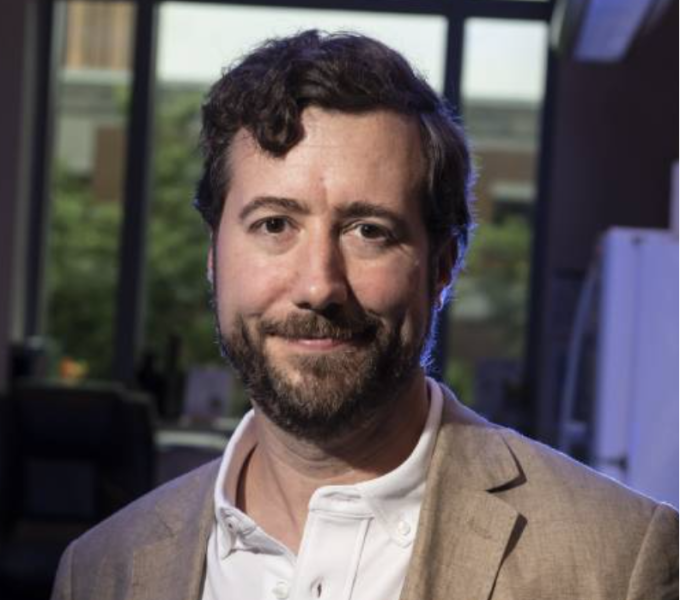
The Lohmueller lab works on developing genetic engineering approaches to augment adoptive cell therapy (ACT) for the treatment of cancer.

Brain basis of cognitive maturation through adolescence to adulthood

Molecular Regulation of Genomic Imprinting in Gametes and Early Embryos
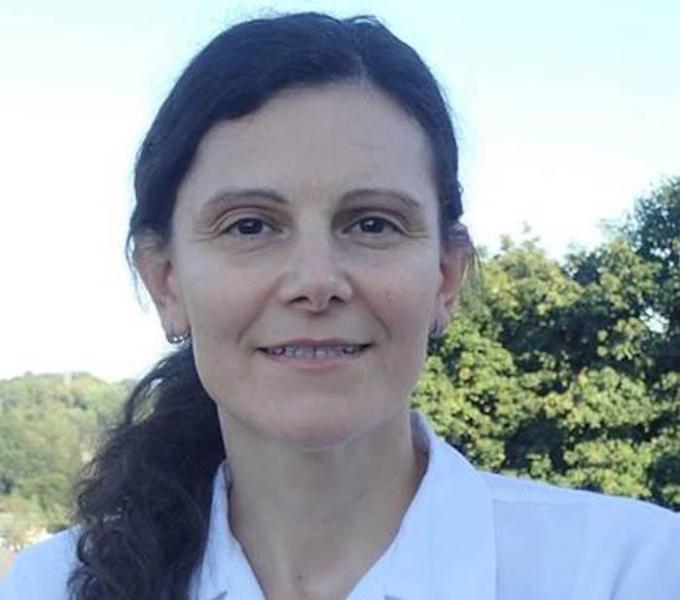
Vascular pathways involved in cerebral vascular dysregulation and therapeutic strategies that improve neurological outcome after pediatric asphyxial cardiac arrest

Tissue engineering (peripheral nerve and soft tissue), wound healing, and adipose stem cell therapies
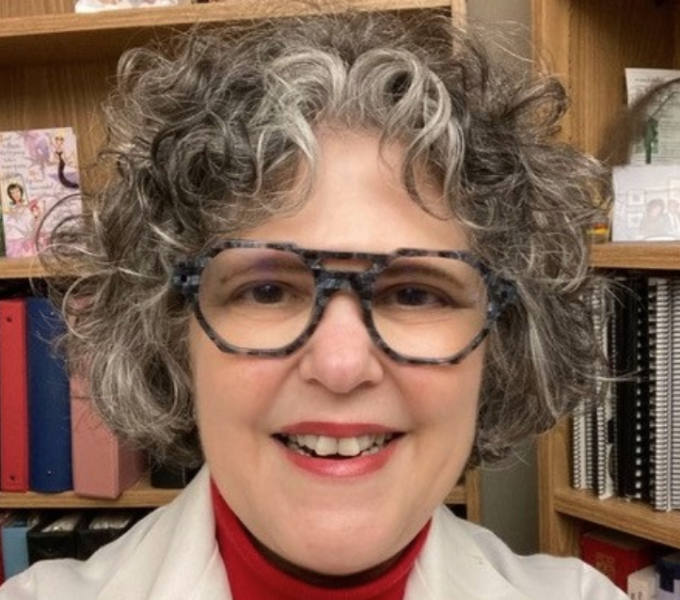
Understanding how cytokines and proteases controlling normal liver growth become deviant, leading to the development of cirrhosis and liver cancer

We are interested in the molecular mechanisms of psychiatric disorders with a particular focus on the role of the circadian clock in these disorders.

Investigates how pregnancy modulates innate immunity and defines relevancy to infectious pathogenesis
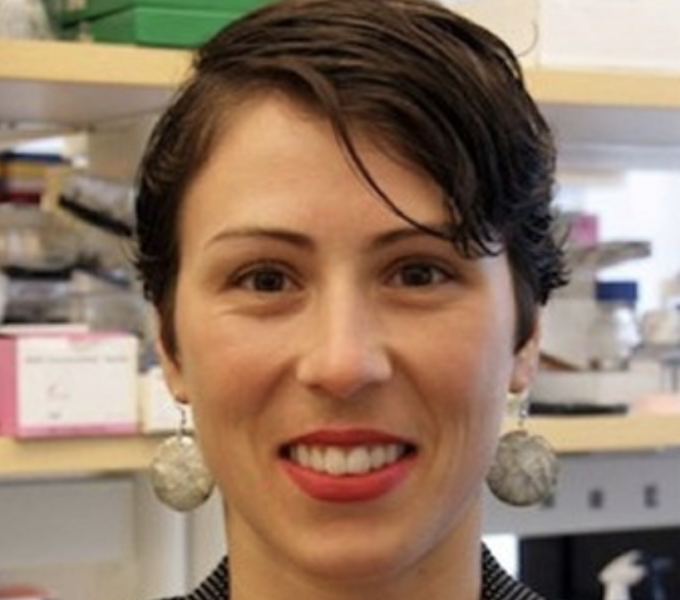
The Meisel lab explores how the microbiota shapes systemic immunity that modulates the etiopathogenesis of complex diseases such as autoimmunity and cancer.

Mechanisms of HIV-1 persistence at the single cell level and evaluating strategies to cure HIV-1 infection, including latency reversing agents, monoclonal antibodies, cellular immunotherapy and therapeutic vaccines

Focuses on mechanisms of synaptic plasticity in the neuromuscular system in both normal and disease conditions
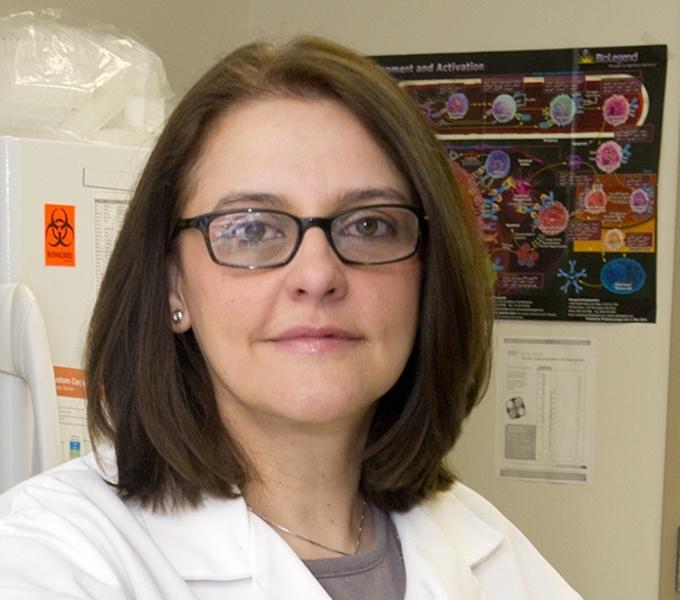
Human immunology: Innate and adaptive immune responses to latent viruses and to allo-antigens after organ transplantation
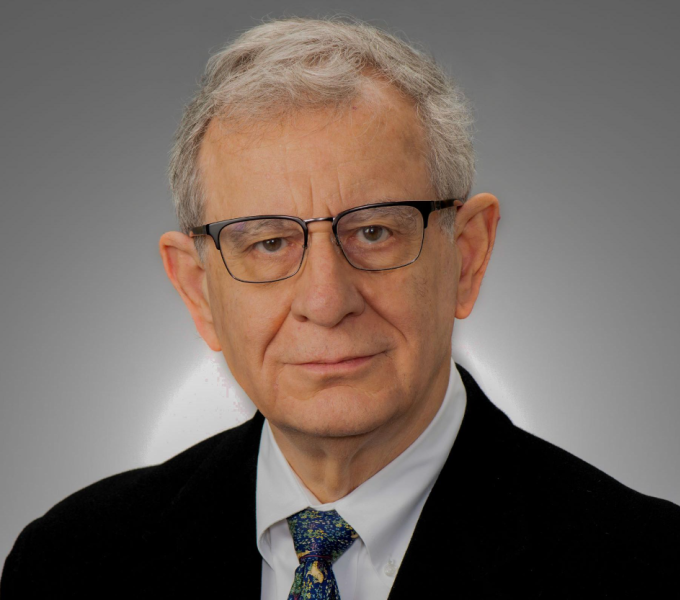
Liver regeneration and carcinogenesis, exploring the effects of growth factors and associated signaling pathways

Use of novel regenerative materials in repair of pelvic organ prolapse and urinary incontinence

Dr. Mollen's clinical interests include inflammatory bowel disease, thyroid surgery, anorectal malformations, and Hirschsprung’s disease. He is principal investigator of a NIH-funded research program investigating mitochondrial dysfunction during the pathogenesis of inflammatory bowel disease.

Aimed at elucidating the cellular and molecular mechanisms of liver pathophysiology

Autoimmunity & the control of T cell immune responses; Systems biology approaches to immune response to infectious organisms

The role of donor- and recipient-derived antigen-presenting cells (i.e. dendritic cells) and extracellular vesicles (i.e. exosomes, microvesicles) during allo-sensitization, graft rejection, and induction of donor-specific immunosuppression / tolerance, following transplantation
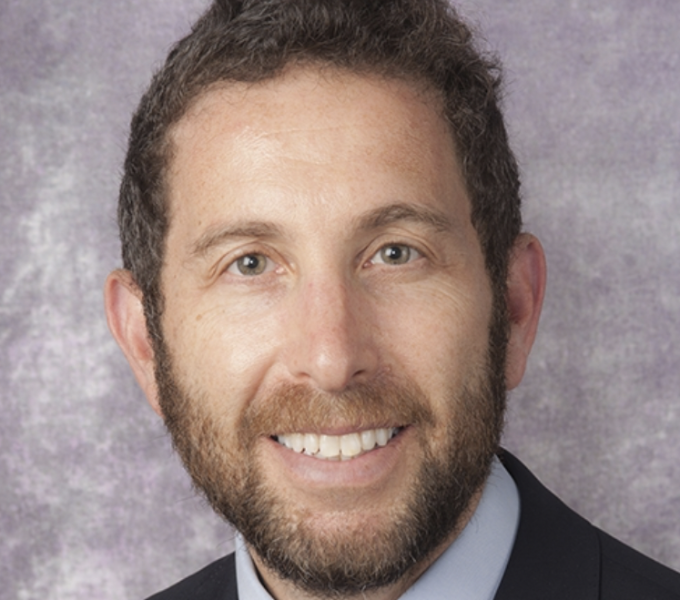
The Morowitz laboratory studies the effects of diet and antibiotics on interactions between the gut microbiome and the immune system.

Moulik's clinical expertise is in cardiovascular genetics, cardiomyopathies, connective tissue disorders resulting in aortopathies, general cardiology and noninvasive cardiac imaging. She is the Director of the Cardiovascular Genetics Clinic at UPMC Children's Hospital of Pittsburgh. The focus of this clinic is to determine an underlying genetic etiology for inherited familial cardiovascular disorders including various forms of cardiomyopathies, heart rhythm disorders, aortic aneurysms, inherited lipid disorders, unexplained sudden cardiac arrest and help families with appropriate risk assessment and clinical screening of at-risk family members. Moulik also leads an NIH funded research lab with focus on heart failure signaling.

The Mowery Lab utilizes genetically engineered mouse models, patient-derived samples and molecular biology techniques to study head and neck cancer development and progression, as well as the interplay between radiation therapy and the immune system in head and neck cancer.

Research interests include knee and shoulder biomechanics, specifically rotator cuff tears

GH, insulin-like growth factors and a novel mitochondria-associated peptide on glucose homeostasis, energy metabolism, cardiovascular health and aging

The Nacev lab studies epigenetic dysregulation in cancer with a goal of bringing better treatments to patients.

The mechanisms of hemostasis and coagulation following trauma and hemorrhagic shock

Our lab studies the signaling processes and pathways in rare liver diseases, with a focus on cellular reprogramming, autophagy, and cell-cell interactions.

Genetics of schizophrenia/bipolar disorder; functional genomics using induced pluripotent stem cell (iPSC) based models; gene/environment interactions

The association between states of over nutrition and resulting metabolic disturbances, most notably obesity, NAFLD, and Type 2 Diabetes
Hormone response and treatment resistance in breast and ovarian cancer, including the analysis of aberrant genetic and epigenetic changes

The Olsen laboratory uses fruit flies, human cells, and mice to develop new therapies for Parkinson’s disease and related disorders.

Mechanisms for preserving telomeres in healthy cells to delay aging-related diseases including cancer, or that conversely deplete telomeres in cancer cells to stop their proliferation

Spermatogonial stem cells (SSCs) and male germ lineage development

My group extracts biological insights and disease mechanisms from multiomics data including single-cell and spatially resolved data.

Oxidative mechanisms of pulmonary fibrosis, acute lung injury, inflammation, and pneumonia; The laboratory also studies the role of RAGE in the lung.
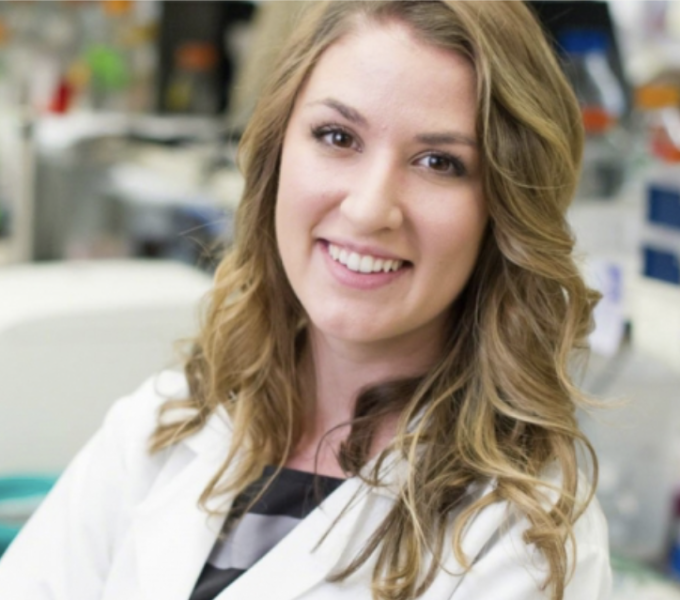
The Overacre Lab is interested in how the microbiota:immune system relationship impacts cancer progression and immunotherapeutic response in both local and distant tumors.

Molecular mechanisms underlying various neurological disorders using human genetic approaches as well as research on animal and cell culture models

NADPH oxidase (Nox) & reactive oxygen species in signaling, vascular dysfunction and cardiopulmonary disease; Nox drug therapy development

Molecular mechanisms of amyotrophic lateral sclerosis (ALS)
Neuroimaging biomarkers of antidepressant treatment response in humans; Molecular bases of depression

Research in the Phillippi Lab is focused on microvascular dysfunction in cardiopulmonary disease, the role of perivascular progenitor cells, adventitial biology/biomechanics and vasa vasorum function in aortic disease and lung failure, cell-matrix interactions inciting vascular/microvascular matrix remodeling, pericytes in (patho)physiological vasculogenesis and angiogenesis, and tissue-engineered models of cardiovascular disease.

Identification of neural correlates that underlie the symptoms of specific abnormalities in emotion processing in people with mood disorders

Stroke, motor control, proprioception, functional magnetic resonance imaging (fMRI), electroencephalography (EEG), biomarkers

Molecularly targeted therapeutics for childhood and adult brain tumors and identifying and counteracting mechanisms of glioma treatment resistance.

Metabolic, molecular and biochemical changes in animal models of pediatric and adult liver cancers and how best to capitalize on these for therapeutic purposes

Immunometabolism at the host:pathogen interface using Staphylococcus aureus as a model pathogen
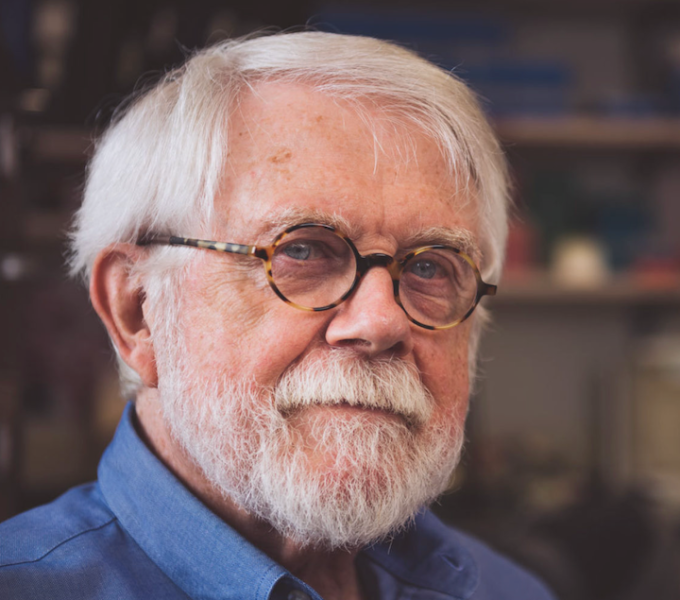
Our current work addresses preeclampsia and it pathophysiology in high and low resource

Understanding how endothelial cells integrate molecular and biomechanical signals to determine cell behavior during vascular development and disease

Brain adaptation, neuroepidemiological approaches to the causes, biomarkers and consequences of brain aging, advanced data reduction analyses

Understanding the functional organization of spinal microcircuits using molecular genetic, electrophysiological, optogenetic & behavioral approaches
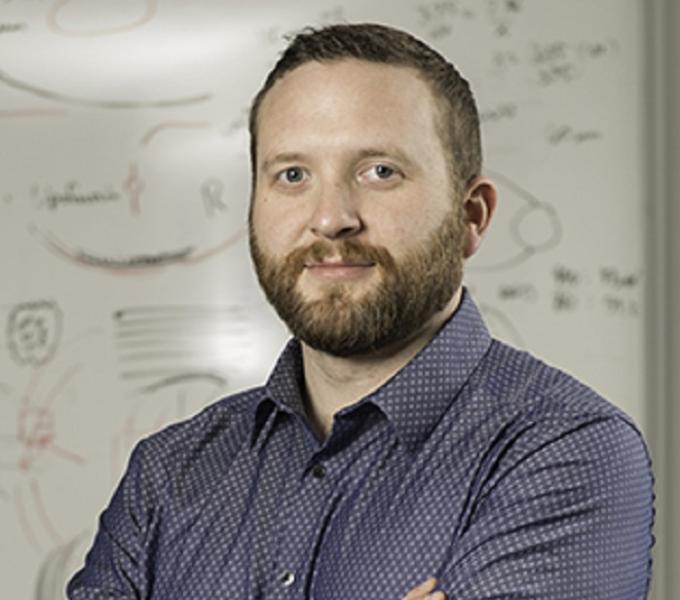
The living human retina and visual system in health and disease through the development and application of advanced ophthalmic imaging technologies

Immunoregulation: Focusing on regulatory and inflammatory B cells in transplant and autoimmune models, and their use as biomarkers in transplantation; as well as pathways by which regulatory T cells can be enhanced relative to Teffector cells

Understanding the functional organization of spinal microcircuits using molecular genetic, electrophysiological, optogenetic & behavioral approaches

Endogenous danger signals promoting recovery following ischemic muscle injury; Inflammatory biomarkers in patients with venous disease

Neural mechanisms underlying complex sound perception in health and disease.

Our lab focuses on molecular mechanisms underlying placental development and its function in supporting fetal growth and maternal-fetal communication.

The Saloman lab uses basic, translational, and clinical research approaches to investigate neural mechanisms and circuits involved in pain, cancer, and immunity.

My laboratory is interested in understanding congenital heart disease using translational models that relate clinical findings to in vitro systems, so as to further elucidate molecular and cellular mechanisms that contribute towards congenital heart disease. We use induced pluripotent stem cells (iPSCs) and gene editing to create clinically relevant biological models of congenital heart disease.

Lipid signaling mediators associated with inflammation

My research program is focused on studying mechanisms of immune dysregulation by focusing on two areas: I work on the biology of interleukin 9 (IL-9) regulation/signaling in rheumatic diseases, and I study patients with rare monogenic diseases as “real world” models of immune dysregulation.

Innate immune responses to sterile injury and infection with a focus on inflammasome activation and immune activation by endogenous danger signals

Studying Epstein-Barr virus molecular pathogenesis in the nasopharynx using 3-D cell air-liquid interface culture models.

Dr. Shea utilizes microfluidic models and other flow-based assays to study hemostasis in the context of trauma and transfusion medicine. Dr. Shea is also interested in arterial thrombosis and thrombolysis.

Understanding the mechanisms by which mitochondrial function is regulated, particularly by reactive oxygen and nitrogen species and the contribution of these mechanisms to cardiovascular health and disease pathogenesis

My lab is interested in the establishment of long term B cell immunity and in pathogenesis of systemic autoimmune diseases and graft vs host disease.

Cardiac structure-function: contractile/regulatory proteins, post-translational regulation, dyssynchrony

Understanding of biological and clinical significance of tumor innervation and revealing neuroimmunological pathways controlling tumor spreading and metastasis formation

Dr. Sims-Lucas’ program focuses on acute kidney injury as well as the mechanisms that lead to predisposition to injury.

Non-receptor protein-tyrosine kinase structure, regulation and signal transduction in cancer, AIDS, and embryonic stem cell biology

The Snyder lab studies the role of T cells in lung health and disease, focusing on pulmonary fibrosis and rejection after lung transplantation.
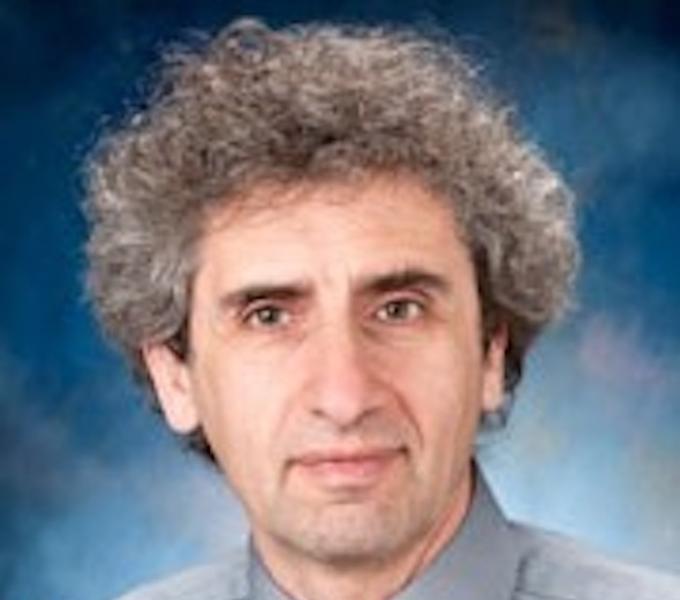
Mechanisms and functional role of endocytic trafficking of EGF receptor in cancer cells and the dopamine transporter in the brain

Biomarker discovery, beneficial effects of mechanical loading, & implementation in targeted exercise therapies for musculoskeletal conditions

Characterizing the underlying pathobiology of vascular disease, concentrating on defining the mechanisms that drive vascular and valvular calcification and remodeling during aging and disease states

We leverage molecular biology, human genetics, animal models, stable isotope tracers, imaging mass spectrometry, and human translational studies to discover cellular, molecular, and metabolic determinants of diseases of aging ranging from diabetes to cancer.

Mechanisms of white blood cell differentiation & its inhibition in leukemias; Mechanisms of stem cell differentiation & growth control
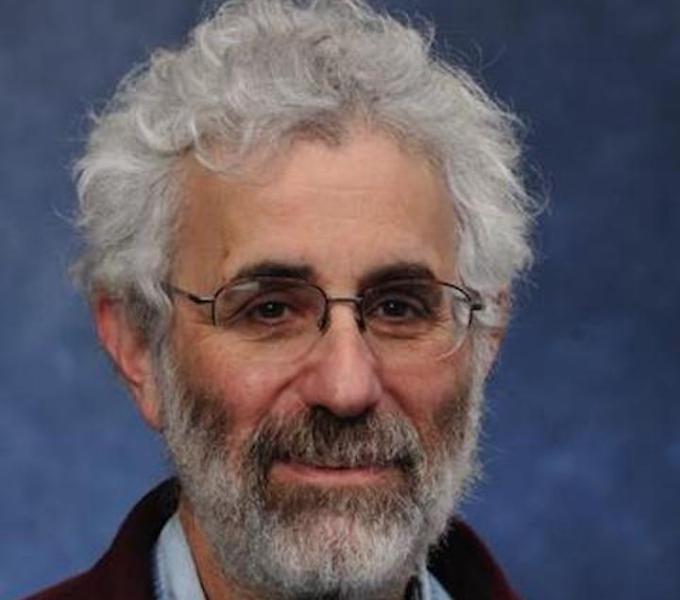
Image-guided surgery, medical image analysis, medical robotics, haptics, augmented reality, devices for visually impaired, music engineering

Angiogenesis and vascularization events in liver regeneration and remodeling

The Straub laboratory investigates redox cell signaling mechanisms that control endothelial and smooth muscle biology in the microcirculation.

The control of voluntary movement by the cerebral cortex; The functional organization of the basal ganglia and cerebellum; Unraveling the circuitry of the central nervous system

My research program is focused on investigating the mechanisms that drive divergence from healthy aging towards neurodegenerative disorders with a primary focus on Alzheimer’s disease; in order to develop and implement effective translational approaches towards identifying potential disease- and symptom-modifying therapies.

Understanding the role of ion transporter proteins (sodium-potassium-chloride cotransporter, sodium/proton exchanger, and sodium/calcium exchangers) in ionic dysregulation and neurodegeneration associated with stroke and hypoxic ischemic encephalopathy

Central neural control of the autonomic nervous system and cardiovascular function; neurobiology of nicotine pharmacology

Loss and altered plasticity of auditory cortex synapses in schizophrenia; Mediators of vulnerability to psychosis in Alzheimer disease

Neural control of low urinary tract and neuromodulation of bladder dysfunction

We investigate the mechanisms underlying kidney injury using rodent animal models and cell culture, with a current focus on 1) the KEAP1/NRF2 pathway and 2) the effects of renal nerves.
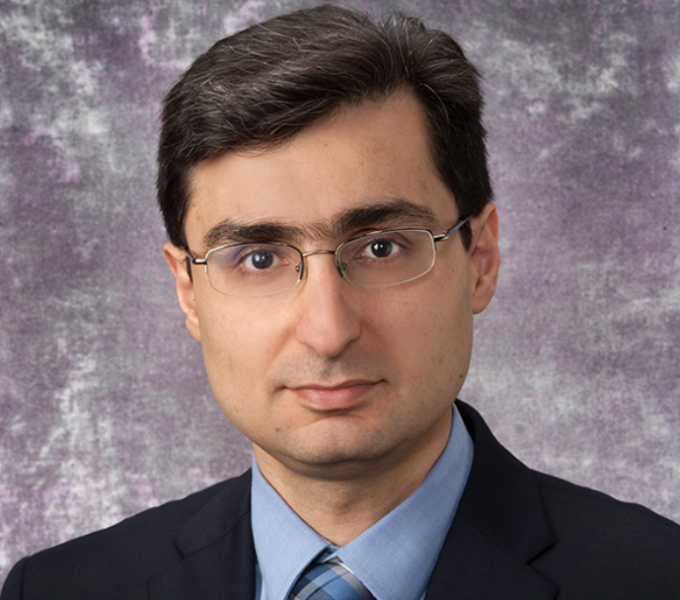
Molecular imaging of inflammation and extracellular matrix remodeling by noninvasive techniques, including PET and SPECT.

We study the molecular neurobiology and pharmacology of chronic pain and substance misuse.

Regulation of the immune response; role of dendritic cells and T cells in tolerance induction; mechanism of action of novel immune suppressants

Clinical applications of nitric oxide and carbon monoxide in the setting of vascular therapies
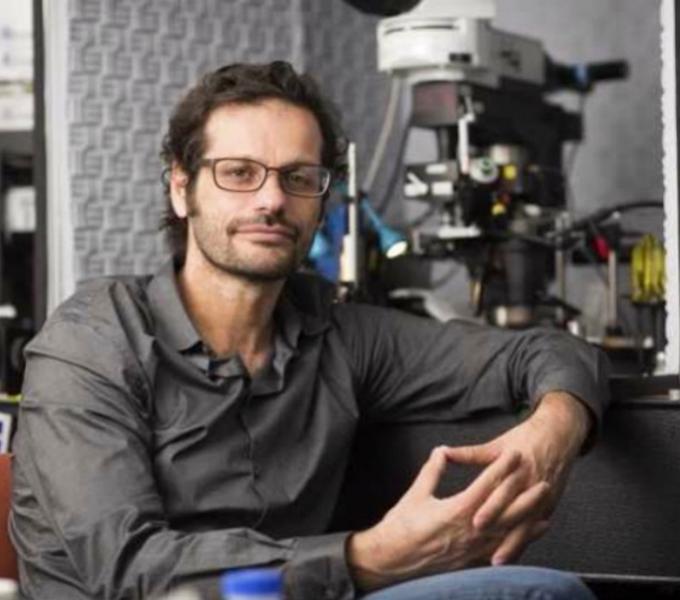
We study synaptic mechanisms and their role during normal and pathological sensory processing (tinnitus).

The focus of the Urish laboratory is on understanding implant biofilm dynamics during an infection and identifying new treatment strategies.

Repair of DNA damage in nuclear and mitochondrial genomes; Structure and function of nucleotide excision repair proteins

The Van Tyne Lab studies how bacteria evolve to become superbugs, using comparative genomics and functional analysis. Our research falls into two main areas. First, we work to understand how bacteria evolve during human infection to resist antibiotics and host immune defenses. We sequence bacterial strains from human infections and use functional genomics to identify and characterize novel resistance mechanisms. These include the ability of bacteria to resist the host immune system, or to persist in the face of antibiotic pressure. Second, we help develop new approaches to treat resistant bacterial infections more effectively. We help characterize new types of antibiotics, and establish how novel compounds kill bacteria. We are also exploring how bacteriophages could be developed into next-generation antibacterials.

Brain imaging of neuronal, metabolic and vascular function and dysfunction

The development of medical diagnostic and therapeutic strategies that are based on ultrasound and ultrasound contrast agents (microbubbles)

Computer-aided diagnosis and patient-specific prediction, genomic and precision medicine, clinical decision support, research data warehouse
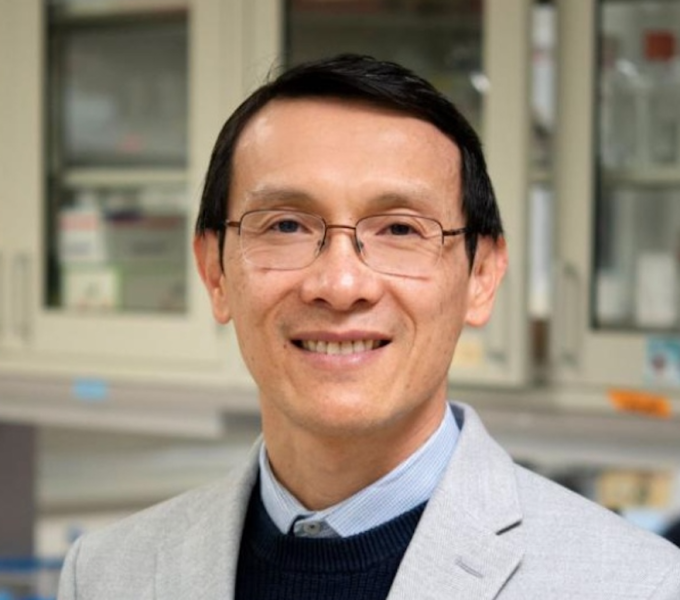
Dr Vo’s research program aims at studying the biology of aging of the spine and its contribution to low back pain. His research focus areas include: 1) interaction of autophagy and cellular senescence in spinal aging, 2) lactate metabolism and epigenetic regulation in spinal aging, 3) development of therapeutic interventions, including senolytics and gene therapy, for treating age-related spine degeneration and low back pain, and 4) Deep phenotyping of chronic low back pain through biomarker profiling.

Structure/function relationship in the acyl-CoA dehydrogenases (ACDs)

My long-term research goals are to obtain high-dimensional, dynamic data on the etiology and progression of various inflammatory processes and diseases in samples derived from cells, animals, and people; to create computational models based on these data as well as on key principles of immunology; and to modulate the inflammatory response in an optimal spatial, temporal, and individual- / disease-specific manner.

Vascular bioengineering in the context of vascular tissue engineering, aortic aneurysm, and regenerative medicine

Cardiovascular engineering with projects that address medical device biocompatibility and design, tissue engineering, and imaging

Regulation of mammalian sperm

Basic science laboratory dedicated to the study of sarcomas--cancerous tumors that arise in the musculoskeletal tissues

Regulation of protein traffic in polarized epithelial cells

Integrative biology of wound healing and tumor metastasis, from molecules and cells through tissues and animals to humans

Investigates the signaling of electrophilic fatty acids in transformed stable cell lines while collaborating with clinicians to study the formation and signaling of electrophilic fatty acids in healthy controls, mild to moderate, and severe asthmatic subjects

Focuses on asthma phenotypes and the molecular mechanisms, particularly in the airway epithelium that control them
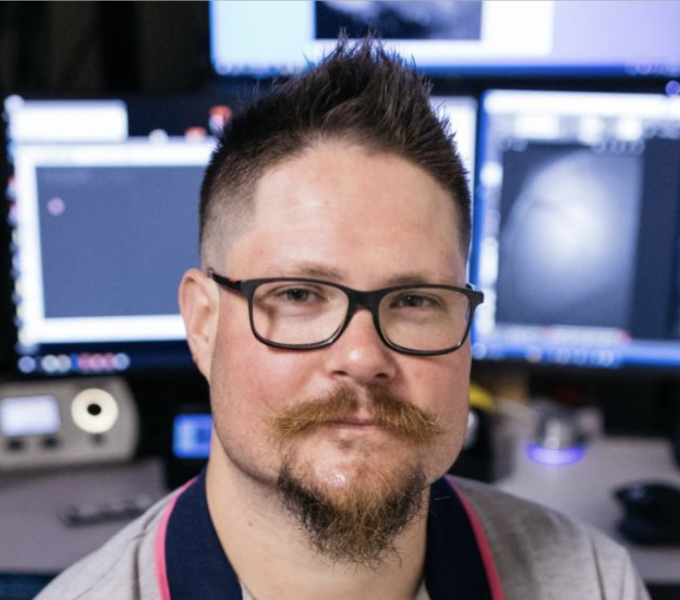
Our research program is dedicated to understanding how the flow of sensory information through brain-wide neural networks gives rise to purposeful behavior in models of health and disease. Using a variety of cutting edge experimental and theoretical systems neuroscience tools to monitor, manipulate, and model the neural circuits of awake, behaving mice, we investigate brain-wide circuits in a number of different behavioral and state-dependent contexts.

Drug discovery and drug development, employing organic synthesis, medicinal chemistry and molecular modeling to develop new therapeutic agents for cancer and neurodegenerative diseases in a highly collaborative environment

Designed receptors as therapeutic targets for pain; Mechanisms of low-affinity drug action; Mapping of unconscious brain; Stem cell therapy for stroke

Pathways that control the maintenance of genome integrity across generations using the nematode Caenorhabditis elegans

The Yien lab is interested in all aspects of iron biology, particular where iron metabolism in tissue specific contexts interacts with cell fate determination during development and regeneration.
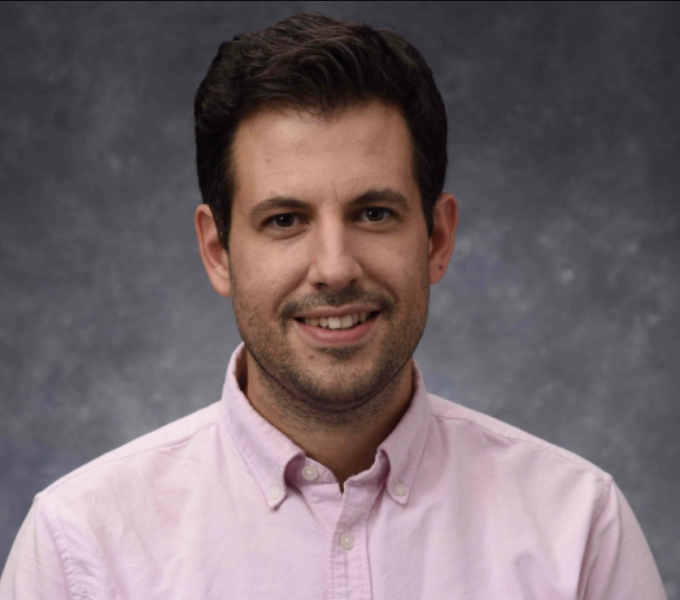
Our lab employs microfluidic technologies, systems biology modeling, and 3D cell culture platforms to investigate the role of complex microenvironments on cell growth, migration and response to environmental/therapeutic stressors in health (tissue homeostasis) and disease (cancer).

We are broadly interested in how oscillatory proteostasis dynamics regulate aging, neurodegeneration, and metabolic diseases.

Mitochondrial and metabolic responses to trauma and sepsis ad their influence on inflammation and immunity


